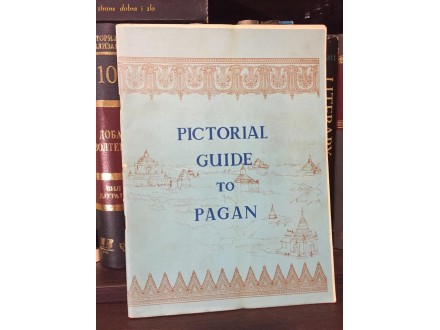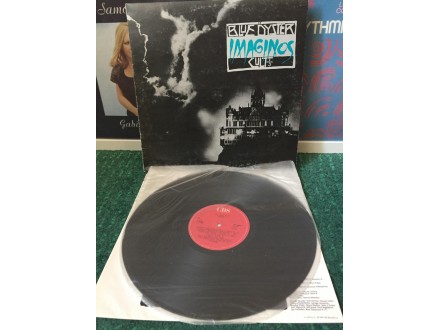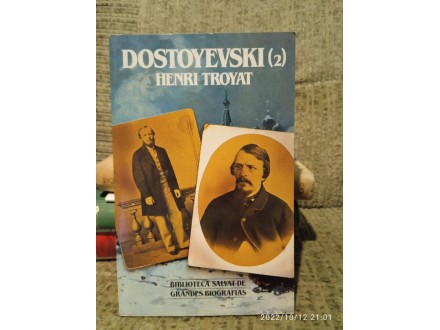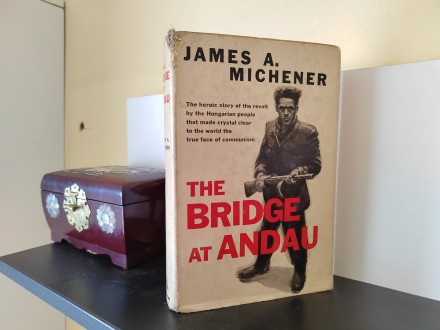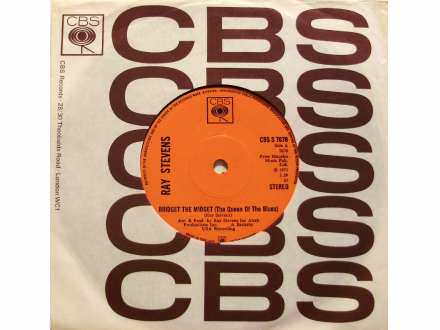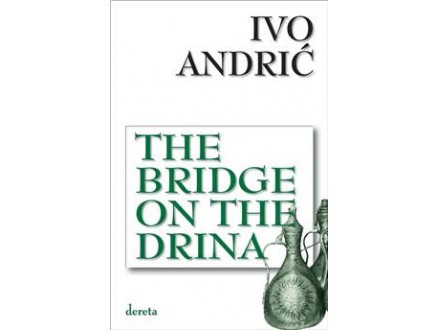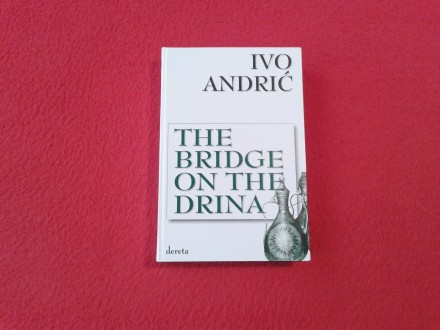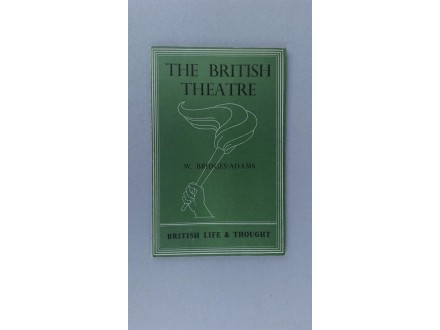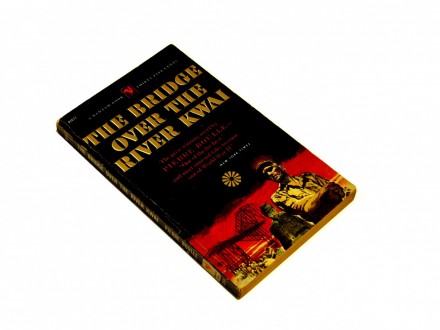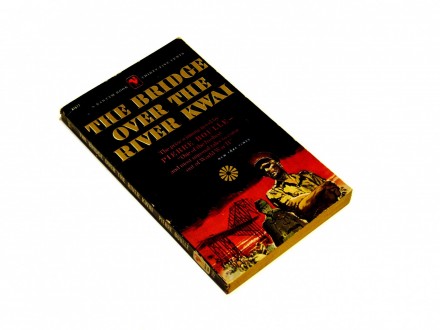Ponuda "The Bridge of the Golden Horn Emine Sevgi Özdamar ✔️" je arhivirana
PICTORIAL GUIDE TO PAGAN
1.490 din.
Blue Oyster Cult IMAGINOS
2.290 din.
Dostoevsky (2) - Henri Troyat
300 din.
The Bridge - The Bridge
300 din.
The Bridge on the Drina - Ivo Andrić
2.900 din.
The Bridge on the Drina - Ivo Andrić
1.515 din.
Ivo Andrić - The Bridge on the Drina
790 din.
The Bridge on the Drina - Ivo Andric
777 din.
The Bridge on the Drina-Ivo Andric
780 din.
Ivo Andrić, THE BRIDGE ON THE DRINA
690 din.
PICTORIAL GUIDE TO PAGAN
1.490 din.
Blue Oyster Cult IMAGINOS
2.290 din.
Dostoevsky (2) - Henri Troyat
300 din.
The Bridge - The Bridge
300 din.
The Bridge on the Drina - Ivo Andrić
2.900 din.
The Bridge on the Drina - Ivo Andrić
1.515 din.
Ivo Andrić - The Bridge on the Drina
790 din.
The Bridge on the Drina - Ivo Andric
777 din.
The Bridge on the Drina-Ivo Andric
780 din.
Ivo Andrić, THE BRIDGE ON THE DRINA
690 din.
